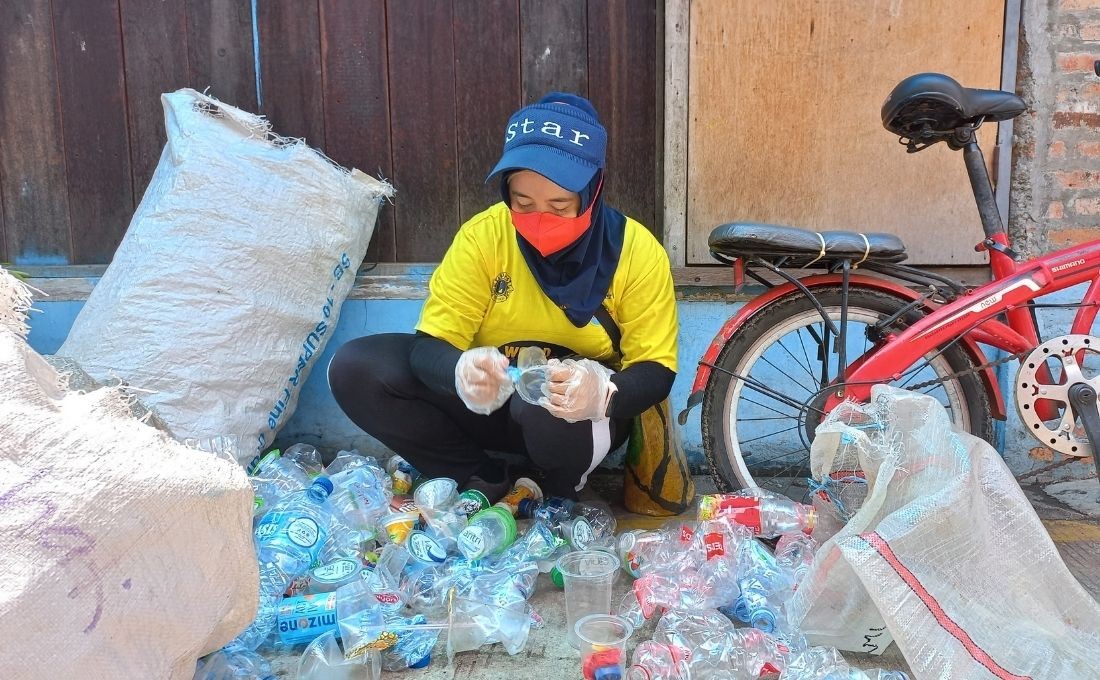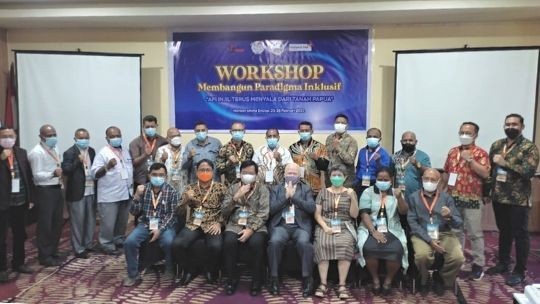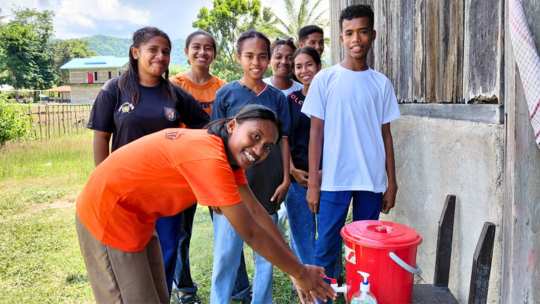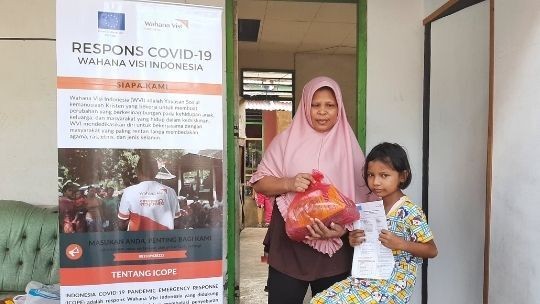Managing Waste is Good for the Future of Children

Do you know that managing waste properly and correctly does not only affect the environment, but also the welfare and future of children? Why is that?
By managing waste properly and correctly, it means that we have provided a good environment for our children and grandchildren. In addition, we have also contributed to teaching and familiarizing children to protect their environment.
Garbage that is not managed properly can cause various losses for children's future. Garbage that accumulates can produce leachate which can pollute the soil and surface water of rivers/lakes. Not to mention the plastic waste that is thrown into water bodies and flows into the sea can poison marine biota. Garbage can be a source of the creation of diseases such as dysentery, diarrhea, typhus, and leptospirosis. Unfortunately, children are a vulnerable group who can experience this.
So that this does not happen, there is no harm in us moving from now on. We can start small actions such as sorting waste from our homes and saving it in the waste bank. Merely teaching children the principles of proper waste management can also be another solution.
Meanwhile, the government must also continue to improve waste management in various regions. Providing early education to the community can help reduce the burden on the earth. Meanwhile, cooperation between parties such as community organizations is needed to become a catalyst in waste management activities.
Wahana Visi Indonesia (WVI) through the PHINLA project funded by the German government (BMZ) cares about waste management. Through the PHINLA project, WVI is engaged in providing education related to waste management through waste bank assistance, as well as helping the community prepare for child welfare through ASKA activities (Savings and Loans Association for Child Welfare). The Phinla project focuses on community assistance in 3 districts in DKI Jakarta.
*This article was written in conjunction with the 2022 National Waste Awareness Day
Written by: Putri ianne Barus, Communications Officer of Wahana Visi Indonesia



